Now doesn’t that sound like a fairly intriguing premise for a movie to you. Hell, I would submit that just the existence of a film top-lining the likes of Ward, Stanton, and Williams would make it worth seeking out regardless of what it was about. Happily, the film proved to be an absolute delight with a lot of offbeat humor, some thoughtful moments to boot, and spirited performances from the three leads—if you liked the films of Jonathan Demme like “Melvin and Howard” and “Citizens Band,” this one is right up your alley. Unhappily, Universal, who produced the film in 1981, lost faith in it and put it on a shelf until a good reception at a 1984 film festival inspired them to give it a brief release the next year, albeit without any ad support. Despite glowing reviews, it quickly disappeared and, save for a brief VHS release in 1987, has remained maddeningly obscure, at least in part because of the expense of licensing the songs featured on the soundtrack. However, if you ever get a chance to see the film—again, I want to stress that it’s on YouTube—you must take it and you can thank me later.
As the ’90s came around, Ward became an increasingly familiar face on movie screen and in 1990 had no less than three lead roles in major films. The best know of the three is probably “Tremors,” the cheerfully goofy monster movie in which he and Kevin Bacon played a couple of repairmen who find themselves stuck in the middle of the Nevada desert, battling a bunch of giant flesh-eating worm-like creatures hellbent on snacking on whatever people they can find. Although not a major hit in theaters, this was another film that proved to be a big hit on cable and inspired a string of direct-to-video sequels, one of which, “Tremors 2: Aftershock” (1996), featured Ward. “Miami Blues” was an attempt to bring Hoke Moseley, the central character in a series of crime novels by Charles Willeford, to the big screen. With its mixture of dark humor, sometimes startling violence, and offbeat characters, the film was an exceptional adaptation. Ward, who actually optioned the book himself, was especially impressive as Moseley as he pursues a psychopath played by Alec Baldwin, whose character not only assaults him but steals his gun, badge, and dentures in the process. Alas, once again, it inexplicably failed to catch on with audiences and is yet another little-seen modern classic ripe for rediscovery.
1990 also saw him reunite with Philip Kaufman to make “Henry & June,” the controversial adaptation of Anaïs Nin’s book recounting the love triangle of sorts that developed in Paris in the ’30s between Nin (Maria de Mederios), celebrated author Henry Miller (Ward), and Miller’s wife June (Uma Thurman). The film became instantly notorious as the first to bear the NC-17 rating and the huffing and puffing it inspired in many circles did not translate in tickets sold. Nevertheless, “Henry & June” proved to be a wonderful, fascinating, and complex meditation on art, love, sex and all the other great topics in life. One of the great things about the movie is Ward’s performance as Miller, a turn that embraces both the coarseness and tenderness that made Miller’s writing so fascinating to so many people. In fact, there’s one scene that finds him tearing up during the ending of “The Passion of Joan of Arc” that just might be one of the best things he ever did in a film. Again, this movie has largely slipped through the cracks—it has yet to even receive a Blu-ray release—but if the opportunity arises to see it for yourself, take it.
You can view the original article HERE.

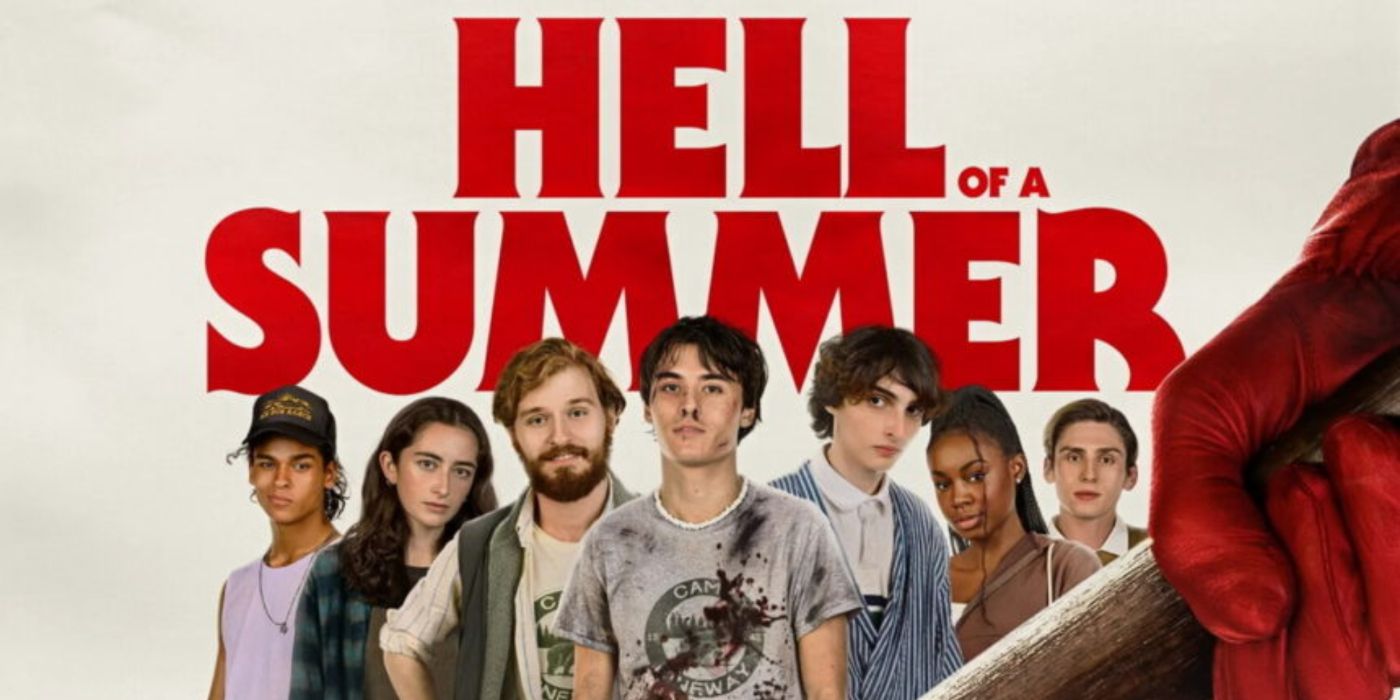
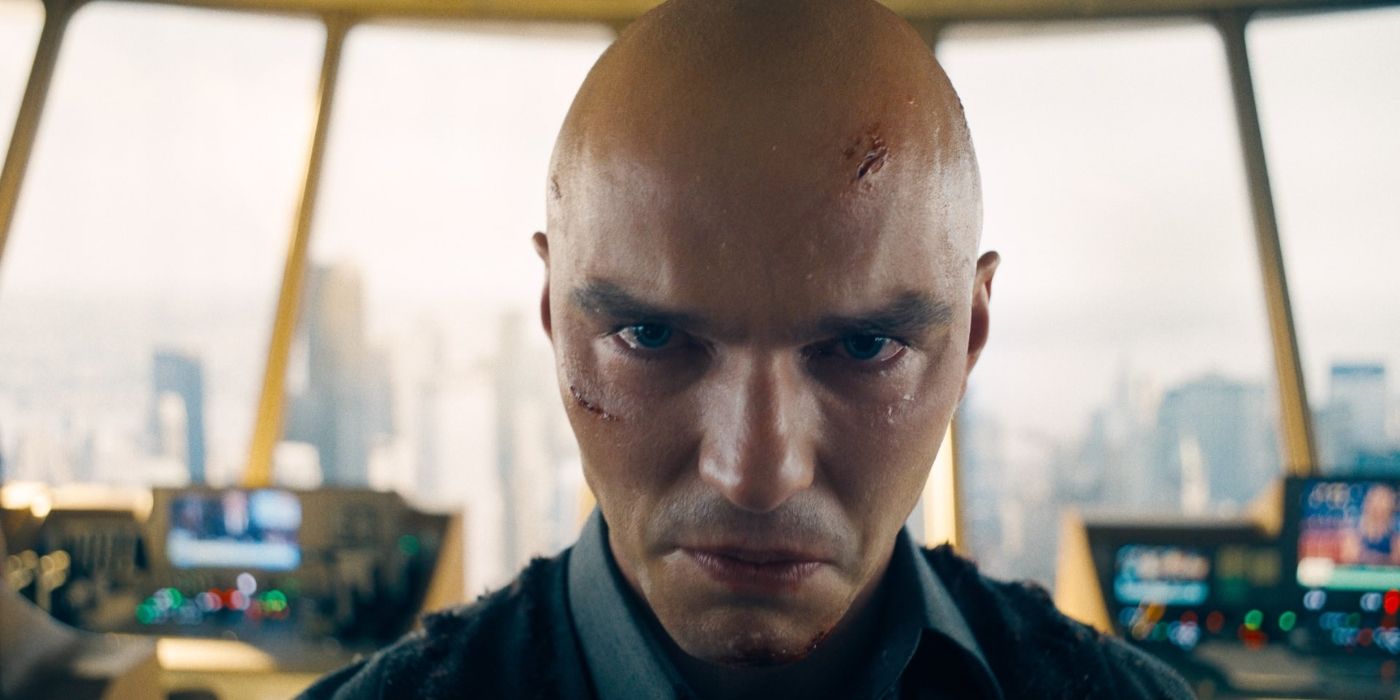


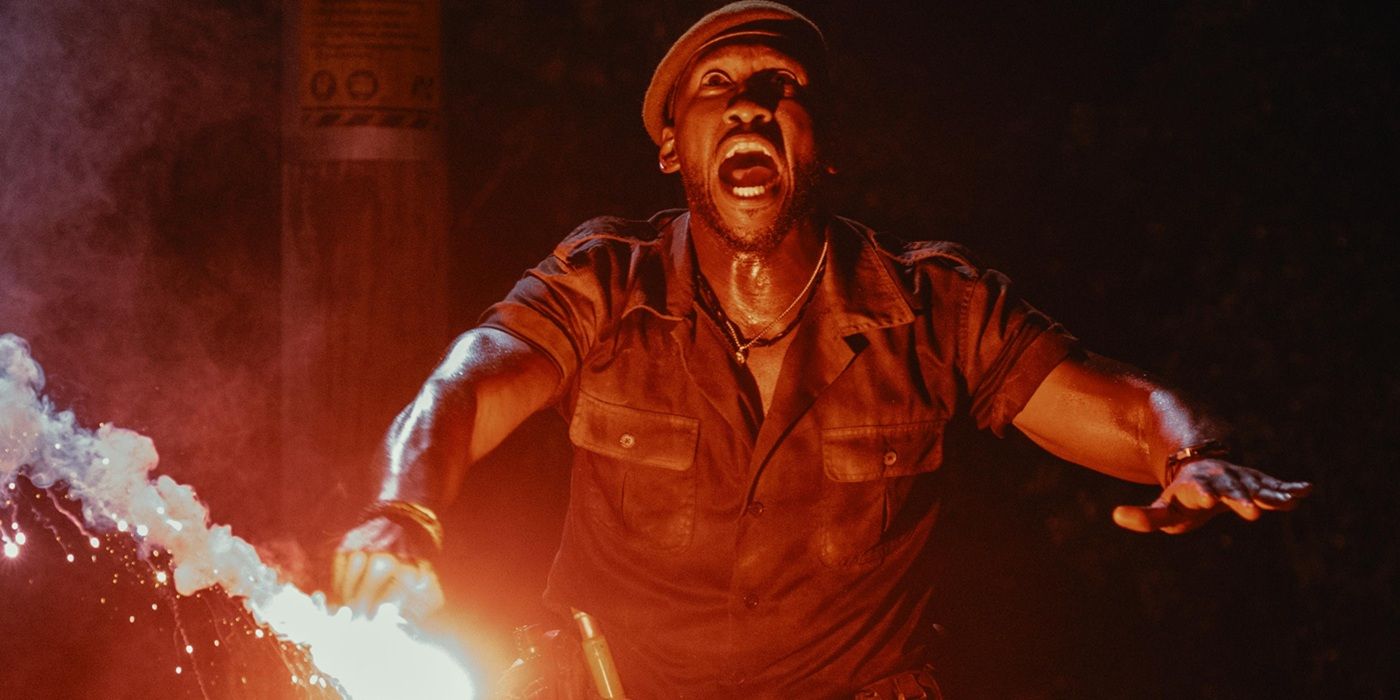

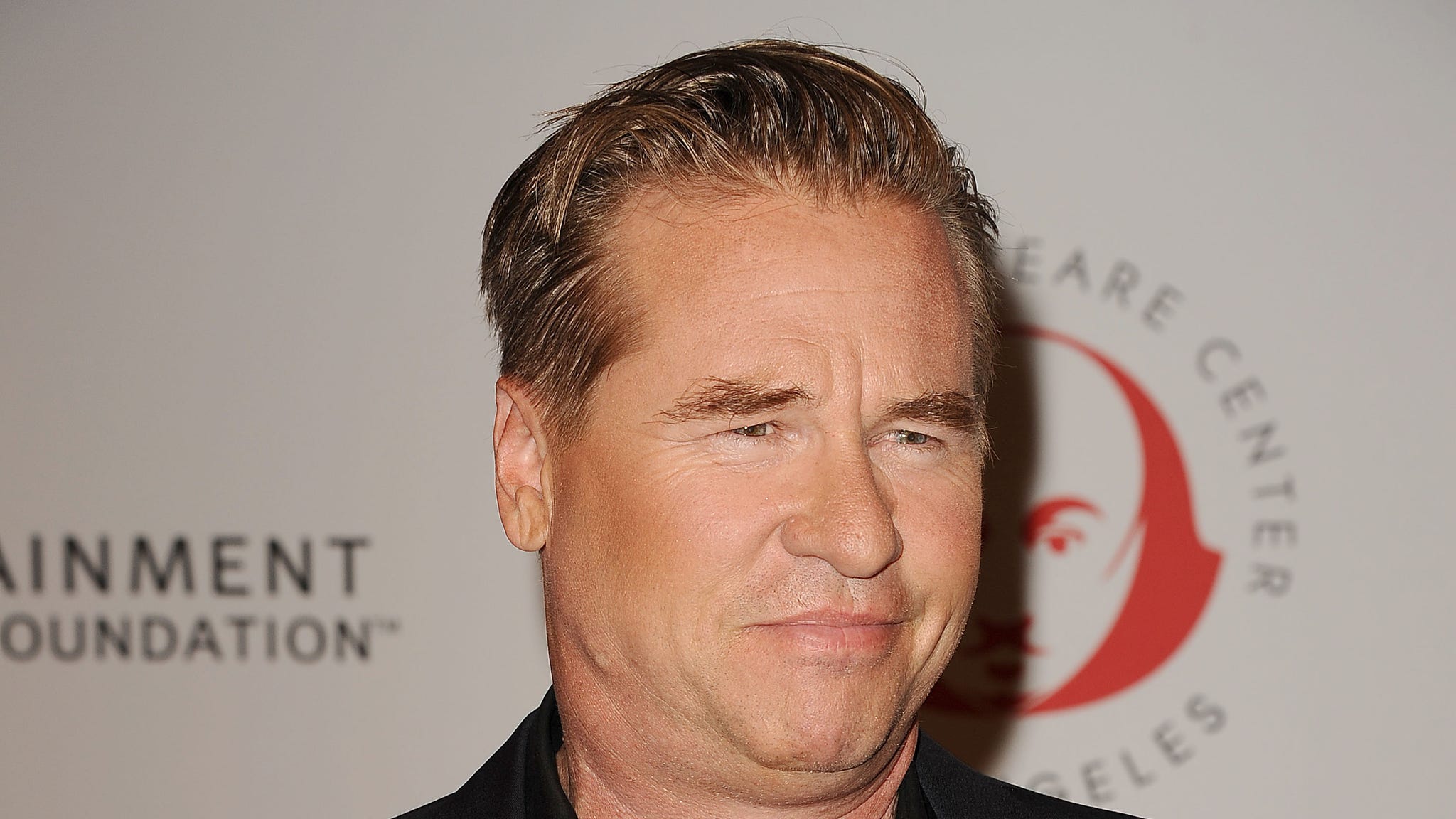
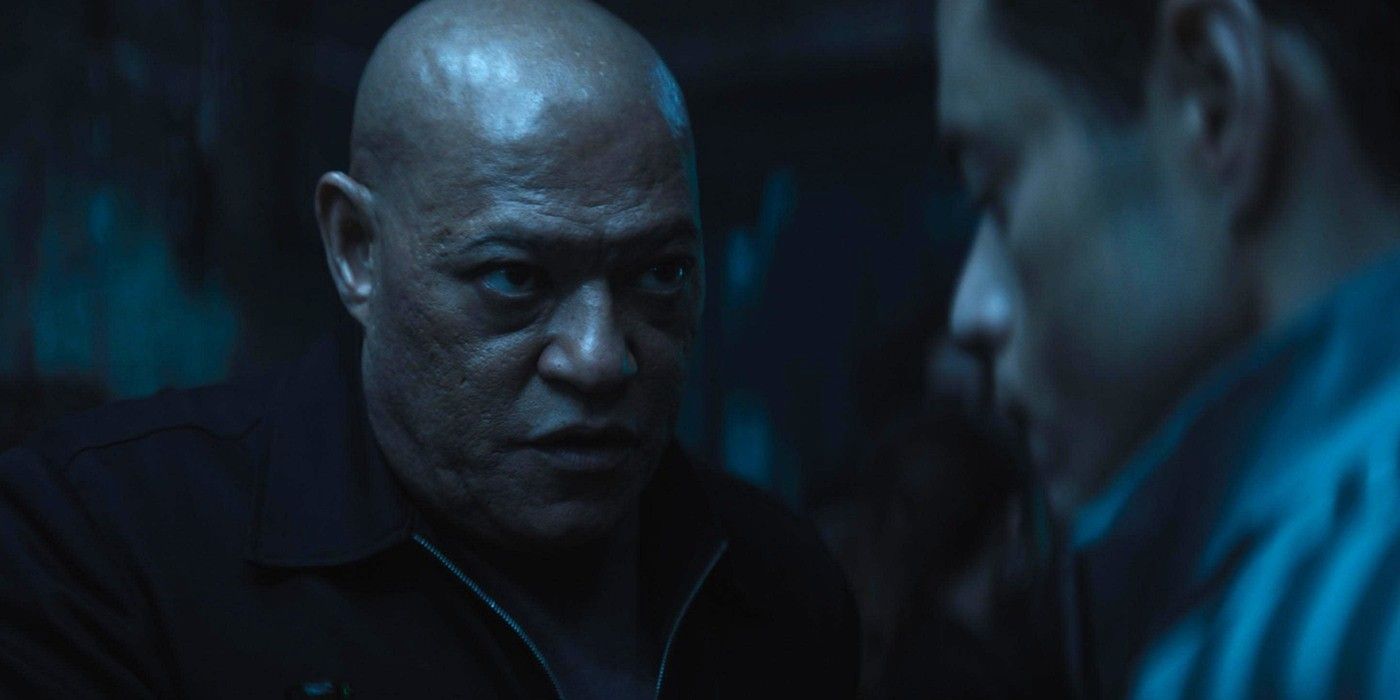



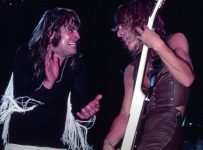
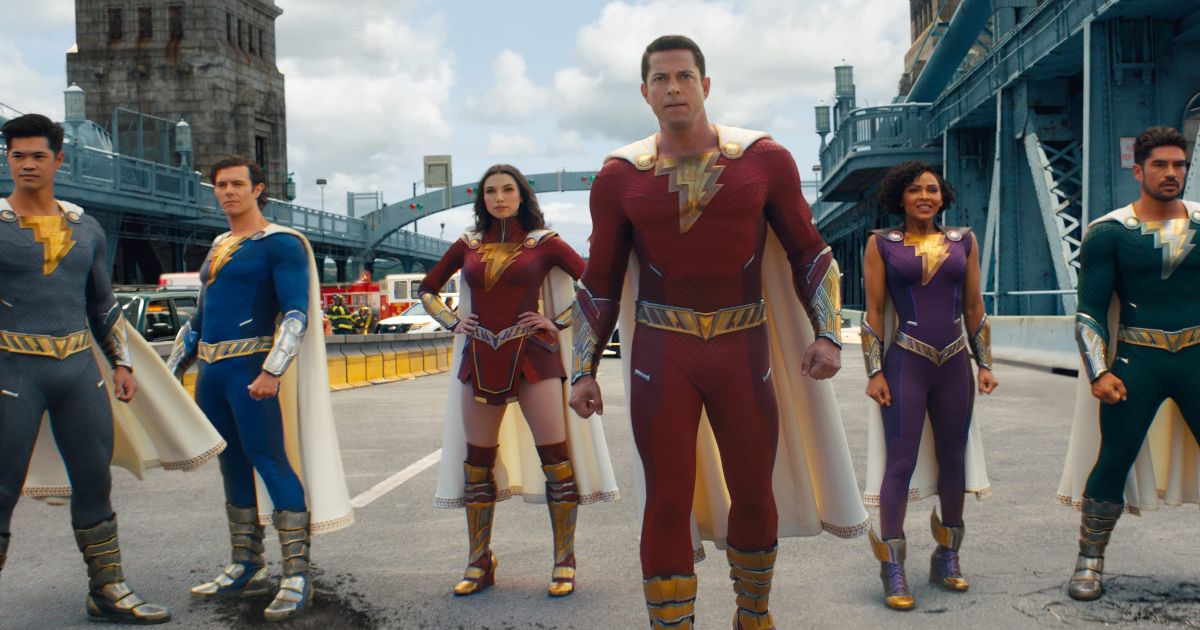
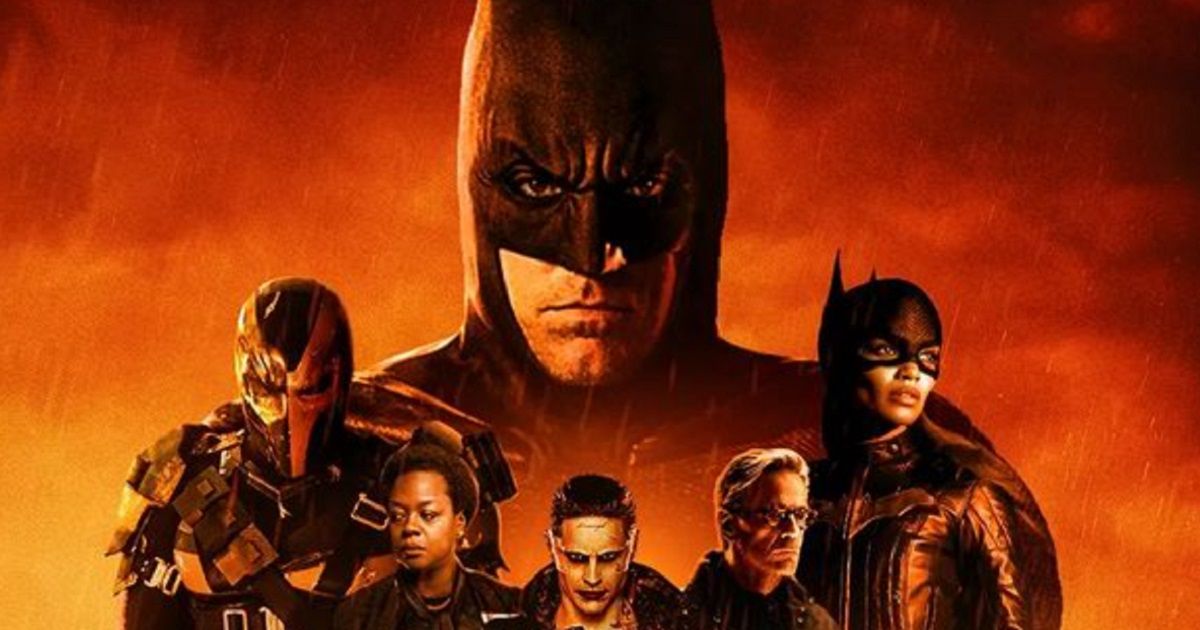
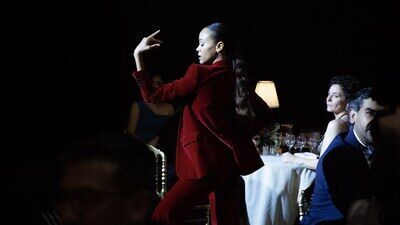



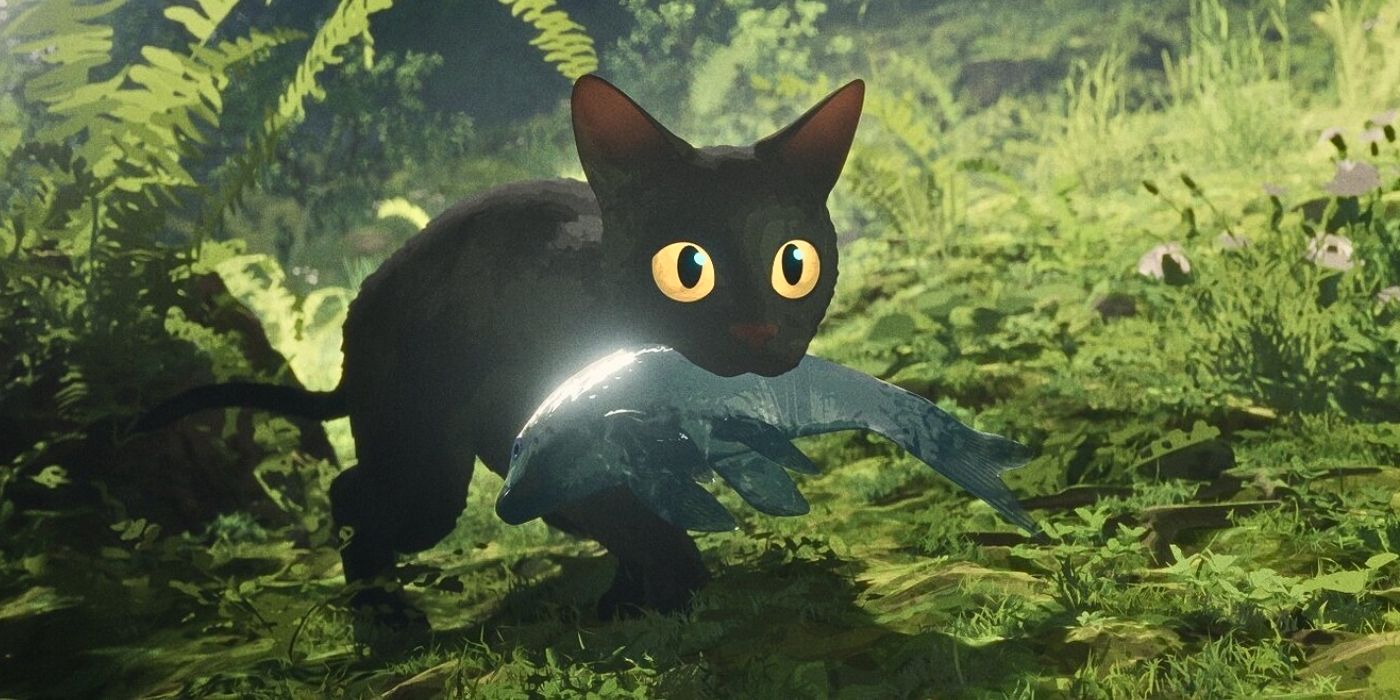

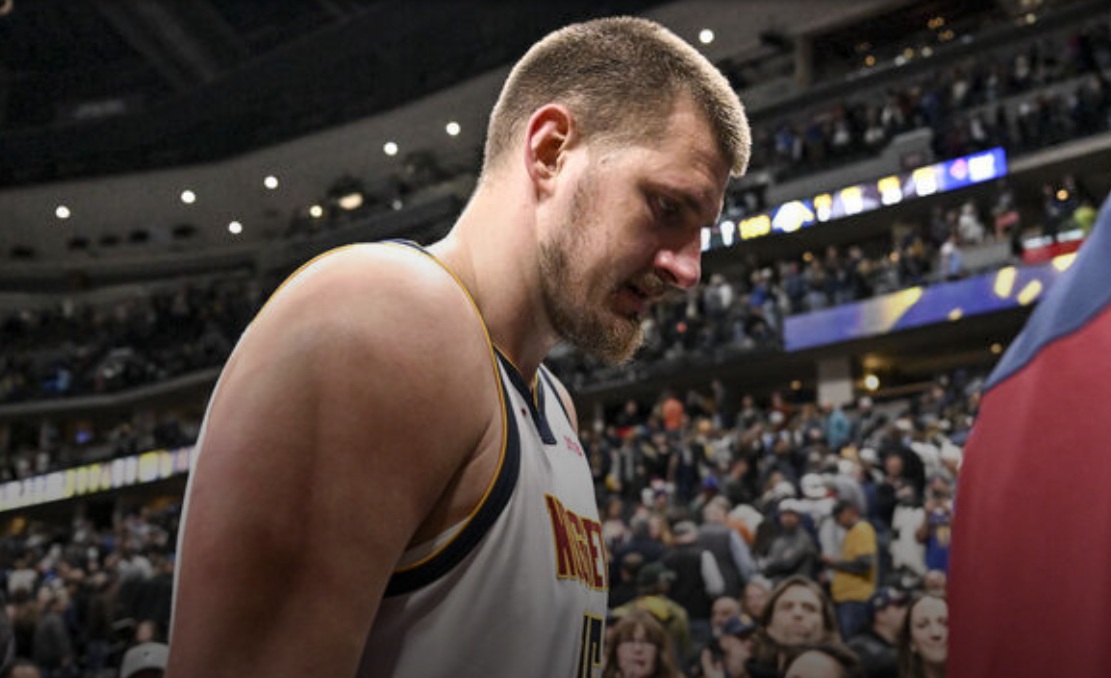
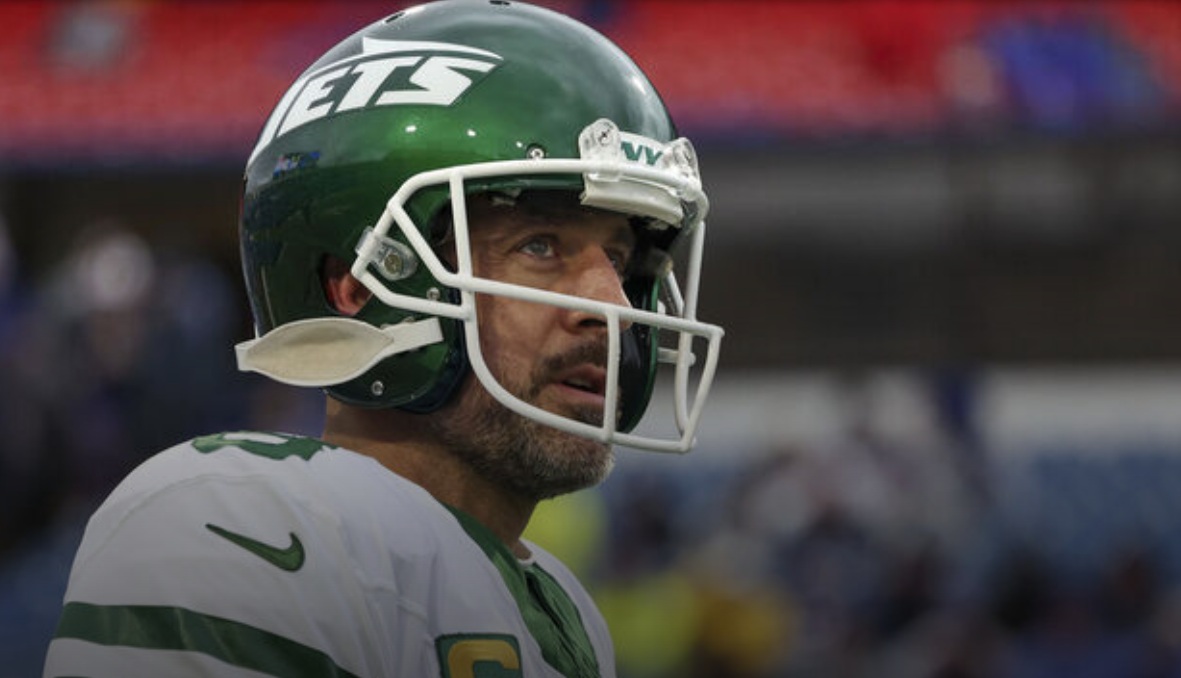
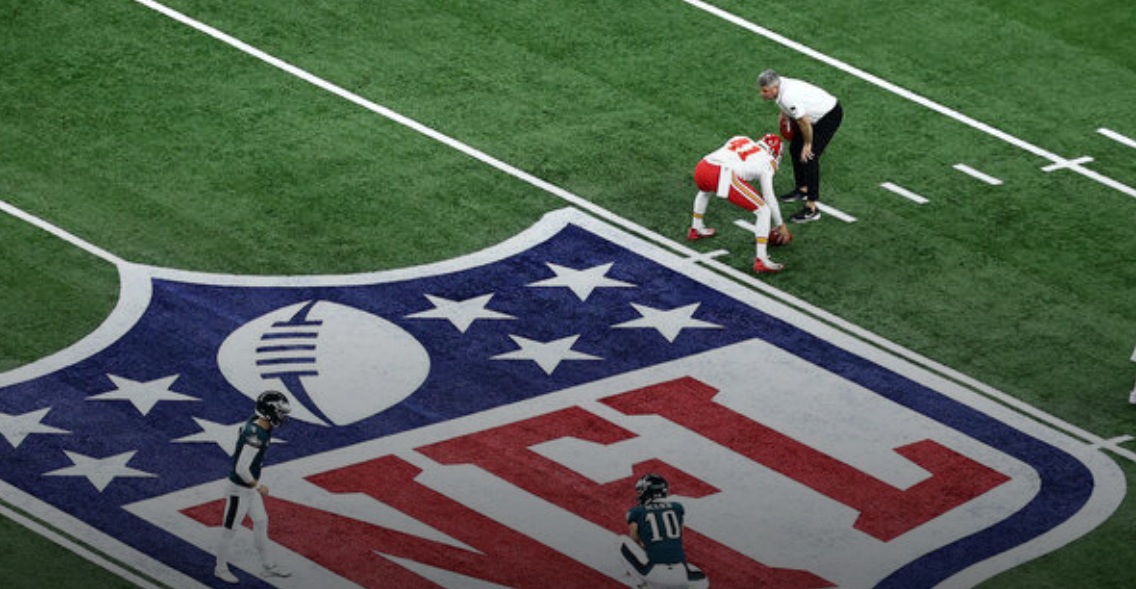
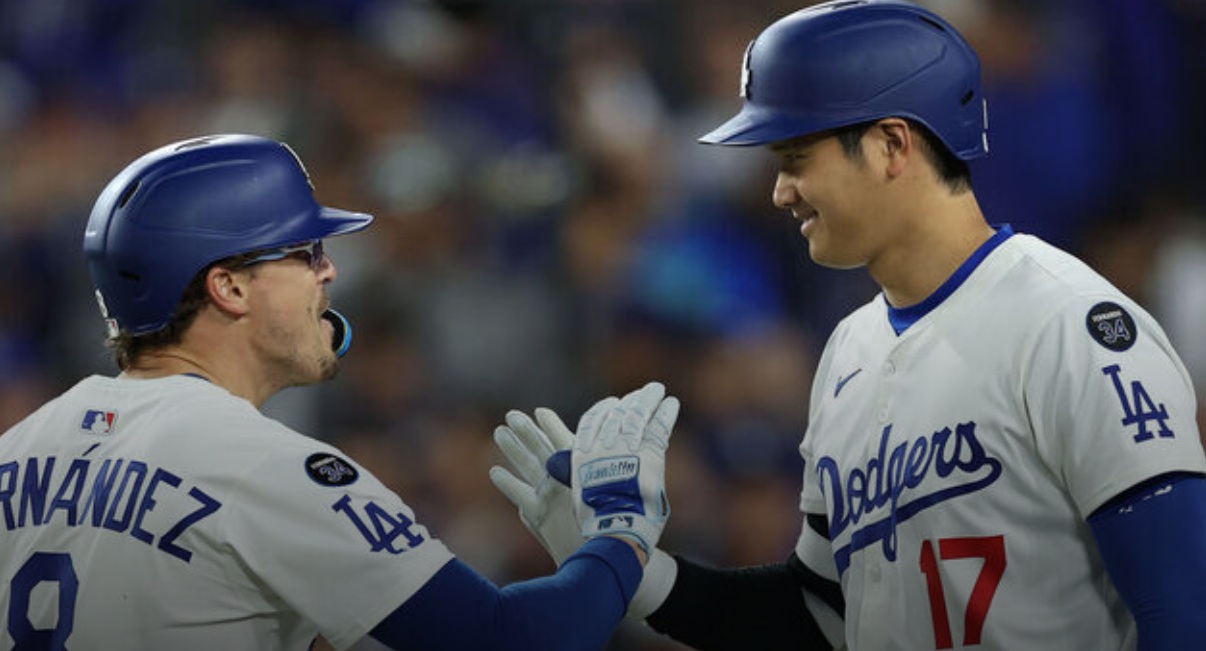
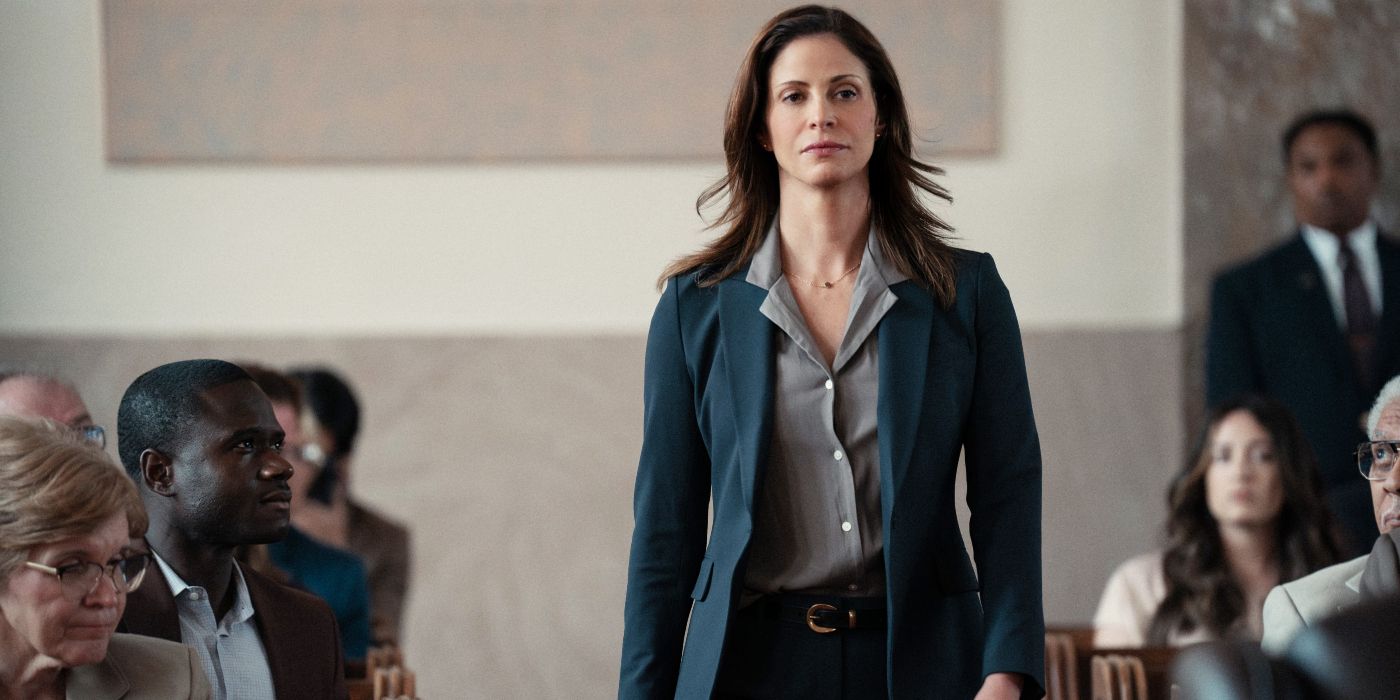
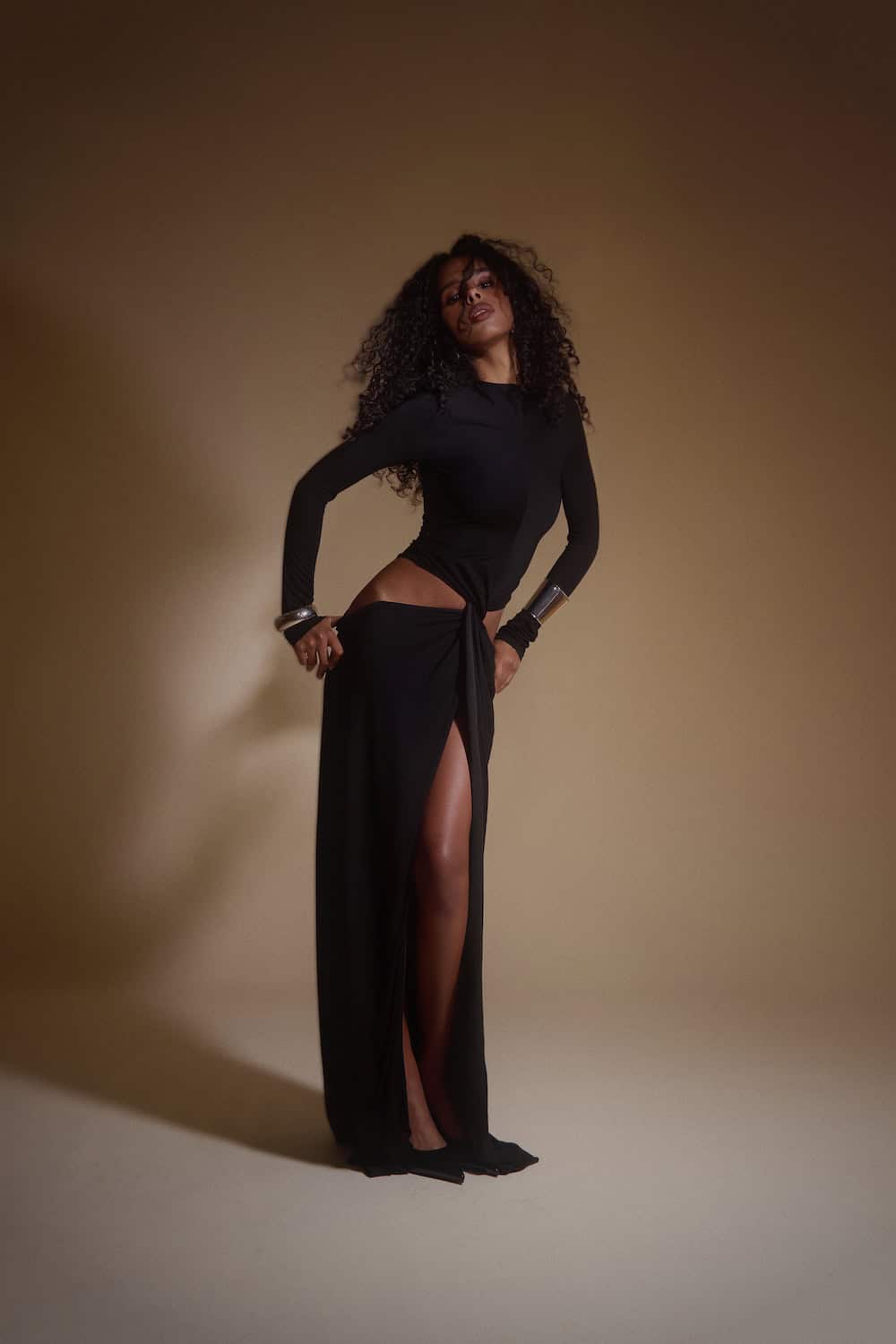
:quality(85):upscale()/2025/04/01/587/n/1922564/fe60d6be67ebe4b0bbd6f1.79749549_.png)

:quality(85):upscale()/2025/04/01/828/n/1922564/9432574867ec361a713285.06370027_.jpg)